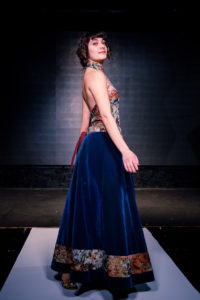How becoming a mother changed one circus artist’s perspective on performing
You may know Wendy Harden from her mystifying A Unicycle Built for Two duo act with her husband, Nick, or as one of the incredible coaches of Cirrus Circus. Recently she added mother to her list of identities (coach, circus performer to name two). She sat down with us to talk about what it’s like to be a circus performer while pregnant and then being a new mom, and how that experience has changed her outlook on performing.

A Unicycle Built for Two (Nick & Wendy Harden)
What was it like performing and touring before having a child?
Wendy: Before Felix, Nick and I would have 4 or 5 hours every day to train and everything was geared towards a performance in our act. After Felix, we train about 45-60 minutes a few times a week. So our training times have really decreased. Luckily, we are at a spot where it’s pretty easy to maintain our unicycle act. So, instead of putting a lot of time into new skills and act creation, we’re putting a lot of time into healthy bodies and maintenance.
Has your performance changed since you had Felix?
Wendy: We’re putting a lot more time into solo acts so that I can work out and Nick can take care of Felix, or Nick can work out and I can take care of Felix.
What was it like training while being pregnant?
Wendy: Being pregnant and training was strange and very hard. You are essentially going through a sped up puberty and everything is changing almost daily. I feel like in regular life if you keep your output the same, you’ll get stronger. But it was clear that if I did the same workout every day it was just going to get harder and harder. It was weird to have your body change so much on you. Especially for me since I came into circus with my adult body, I never did circus through puberty or any growth spurts.
But logistically being a pregnant circus performer worked out fine because we still had a contract, and Marta Brown [former SANCA Coach] was able to step in and do my role with Nick. This was really great, so he could keep performing and keep the contract, and I could be pregnant.
Did you feel at all sad when Martha took your spot in performing with Nick?
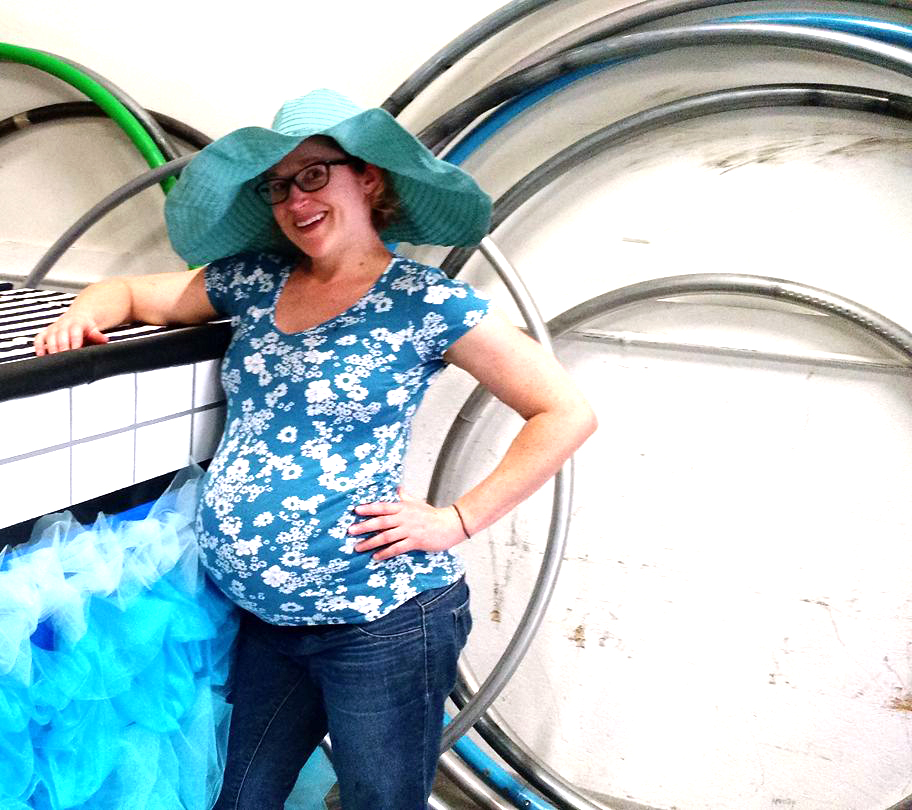 Wendy: Not really. I didn’t because my pregnancy was something I really wanted. If it had been an injury and I had been replaced, my feelings would have been different. But because it was something I was fine and it was great that Nick could keep performing.
Wendy: Not really. I didn’t because my pregnancy was something I really wanted. If it had been an injury and I had been replaced, my feelings would have been different. But because it was something I was fine and it was great that Nick could keep performing.
How did your obstetrician respond when they found out that you are in the circus for a living?
Wendy: The first doctor I went to said, “you can just continue your normal activity until about 5-6 months.” I’m like, “that makes me feel uncomfortable because you don’t totally understand what I do. I’m doing stomach slides on a Chinese pole.”
I tried to explain it to her, but she couldn’t really understand it. I didn’t end up going back to that first doctor that we saw, but I felt pretty in tuned with what I could and couldn’t do. Nick and I made the call that I wouldn’t be performing after 5-6 months pregnant, and that was the right call. It would have made his job very hard, if we were still performing then.
How so?
 Wendy: Just because the balance is way off! I couldn’t be tight and standing on his head when I have fifteen pounds of weight sticking out. It is so much different than when my center of gravity is actually inside my body, and every week my center of gravity was growing and changing and getting farther out.
Wendy: Just because the balance is way off! I couldn’t be tight and standing on his head when I have fifteen pounds of weight sticking out. It is so much different than when my center of gravity is actually inside my body, and every week my center of gravity was growing and changing and getting farther out.
How is performing different now that you are a family of three?
Wendy: The actual running of our act is such a small part of doing shows. Getting on stage and performing is the easy part, life all around the performance is the harder part. Making sure Felix is fed, then putting on makeup, then putting Felix down for a nap, then getting in costume and making sure Felix doesn’t spit up or rub avocado all over my costume. Oh, and not forgetting to warm up or take my glasses off before I go onstage. It’s much less focused on us. And also, it makes the stage time feel even more special because it’s just Nick and I and it feels like before we had kids. We are giving all of our attention to one another and that feels really special.
What is it like to be a coach and a mom?
Wendy: SANCA is a really great place to have kids. It’s a really baby friendly place. People are always willing to pick him up and watch him so I can train. I’m really grateful that I don’t have to put him in daycare for nine hours a day to do what I want to do.
Is that the same for the circus community at large?
Wendy: Yes, there is always someone backstage who will hold him while we go and do our act. And everyone we’ve come across is more than delighted to have him backstage with us.
Do you think you’ll be able to keep the same lifestyle as he gets older?
Wendy: This is something Nick and I think a lot about but don’t have a clear pathway yet. Our goal right now is to continue to perform. I think we will know what the right choice will be as we get there. We have thought of a lot of options anything between travel and homeschool to regular school and just performing during the summers.
Are there other performing parents you’ve been able to talk to?
Wendy: Yeah. There are the Gentiles who perform with their kids and homeschool them and then there are people who work at Teatro ZinZanni and have their kids in regular school and just drive to work. We also know some people who just travel during the summer, so I think there aew examples of every different kind of situation.
 Have any of your plans changed since you were pregnant? Is there anything that has come up in actually having the baby with you that you didn’t plan for?
Have any of your plans changed since you were pregnant? Is there anything that has come up in actually having the baby with you that you didn’t plan for?
Wendy: Our plan has always been to perform as long as we can and want, and that hasn’t changed. There is just a new set of challenges and things to consider. Being a mom is way more fun than I thought it would be! I feel so connected to another person in a way that I have never felt before. I’m not religious at all, but this is a very spiritual journey.
Whenever we do shows and tent set ups and I have to set up with him strapped to my back, it makes me feel strong and powerful, like I have this strange mom-power that lets me do anything. Training is definitely harder. It’s pretty surprising to me how little we train and can still keep everything up and improve. We are just really focused.
What do you think Felix will get out of growing up in the circus?
Wendy: It feels like he will grow up in a world where he feels safe and he knows that people love him. Also, hopefully, he’ll just know that the world is a really creative and playful place. You know, I try not to have too many high hopes about him being an acrobat, or when he’s going to join the unicycle act because I don’t want to put that kind of pressure on him. But I’m sure he will develop some sort of athletic skill, just hanging out in a place like this. Since he’s started crawling and standing, it’s been really nice that we have a big, soft place to bring him to and let him play.
Has having a kid changed your coaching at all?
Wendy: Yes, I take much more note of the tots the come in here and wonder what it will be like when Felix is that age. My favorite thing about bringing Felix in is to see Cirrus (and other kids) connect with him. A lot of them don’t spend time with babies and it’s been fun to watch them watch Felix grow. Some of them have really bonded with him. Felix goes to all the gigs and just hangs out backstage with the kids. They take turns holding him and making sure he doesn’t put anything dangerous in his mouth. That’s been a really sweet thing to watch.
Another thing that has changed is the amount of social time I have at SANCA. Before I was able to come in and spend most of the day training and chatting to community members. Now, I come in and often only have an hour to get my workout in and so I spend that time training rather than chatting. And sometimes I miss the casual feel of spending hours at SANCA.
I love what you said about teaching Felix that the world is a creative and fun place. I feel like in general that’s not what we really teach kids – we tend to grind the creativity out of them.
 Wendy: Yeah. But that is one of my goals as a parent is just to keep this bubble of love around him for as long as possible, and SANCA is a great place to do that. Even moms that come in and people I don’t know are like “Oh, do you want me to hold him? Do you need a hand?”
Wendy: Yeah. But that is one of my goals as a parent is just to keep this bubble of love around him for as long as possible, and SANCA is a great place to do that. Even moms that come in and people I don’t know are like “Oh, do you want me to hold him? Do you need a hand?”
Anything else you want to add?
Wendy: [Having a kid] has really realigned my priorities. I used to feel a lot more pressure with performing. My day would be terrible or great depending on how I felt the show went. Now that that isn’t my only priority, so I feel like there is a little bit more freedom. I feel like my value isn’t just in how well I perform on stage, but how present I am for Felix and Nick.
Be on the lookout for more stories in our parenthood series.
If you are a parent in the circus, or you just have a circus story to share, we would love to hear from you!


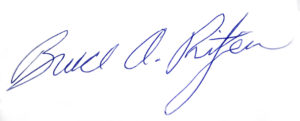
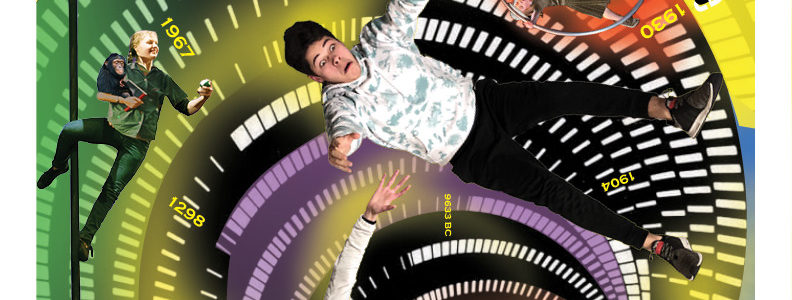
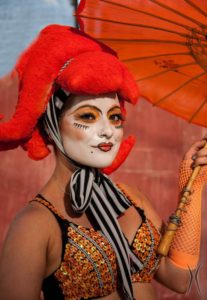
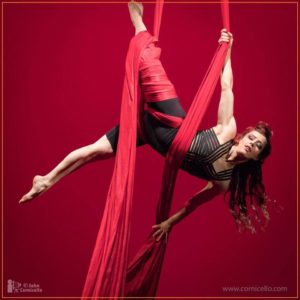
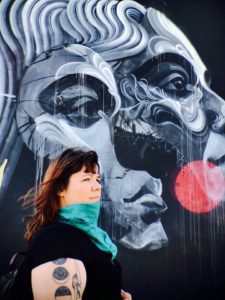 Amber Parker is SANCA’s Social Circus Clinical Coordinator and the creator and lead facilitator for the Transformational Women’s Circus Project. Amber is a
Amber Parker is SANCA’s Social Circus Clinical Coordinator and the creator and lead facilitator for the Transformational Women’s Circus Project. Amber is a
 Wendy: Not really. I didn’t because my pregnancy was something I really wanted. If it had been an injury and I had been replaced, my feelings would have been different. But because it was something I was fine and it was great that Nick could keep performing.
Wendy: Not really. I didn’t because my pregnancy was something I really wanted. If it had been an injury and I had been replaced, my feelings would have been different. But because it was something I was fine and it was great that Nick could keep performing. Wendy: Just because the balance is way off! I couldn’t be tight and standing on his head when I have fifteen pounds of weight sticking out. It is so much different than when my center of gravity is actually inside my body, and every week my center of gravity was growing and changing and getting farther out.
Wendy: Just because the balance is way off! I couldn’t be tight and standing on his head when I have fifteen pounds of weight sticking out. It is so much different than when my center of gravity is actually inside my body, and every week my center of gravity was growing and changing and getting farther out. Have any of your plans changed since you were pregnant? Is there anything that has come up in actually having the baby with you that you didn’t plan for?
Have any of your plans changed since you were pregnant? Is there anything that has come up in actually having the baby with you that you didn’t plan for? Wendy: Yeah. But that is one of my goals as a parent is just to keep this bubble of love around him for as long as possible, and SANCA is a great place to do that. Even moms that come in and people I don’t know are like “Oh, do you want me to hold him? Do you need a hand?”
Wendy: Yeah. But that is one of my goals as a parent is just to keep this bubble of love around him for as long as possible, and SANCA is a great place to do that. Even moms that come in and people I don’t know are like “Oh, do you want me to hold him? Do you need a hand?”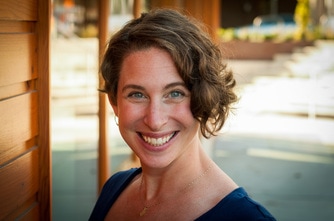 Our very own resident physical therapist, Emily Scherb, has written the first ever aerial anatomy book:
Our very own resident physical therapist, Emily Scherb, has written the first ever aerial anatomy book: 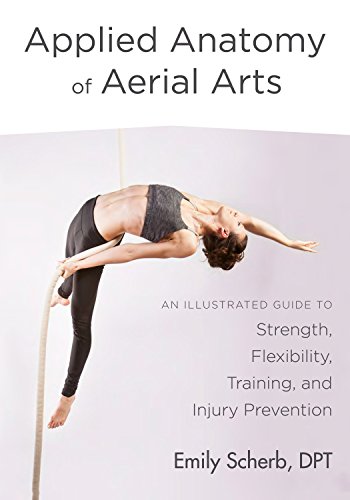 Clearly circus is an integral part of your life! How did you get the idea for writing a book?
Clearly circus is an integral part of your life! How did you get the idea for writing a book?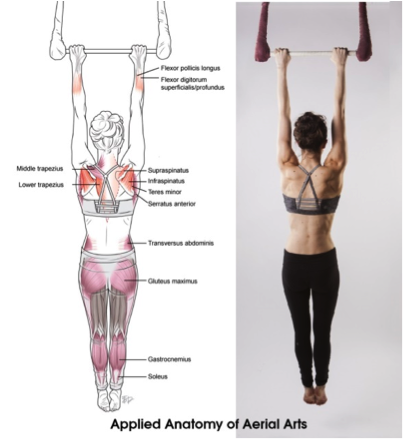

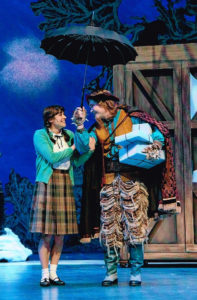 Miranda: My career is musical theatre, which I studied at Cornish. But I do a lot of types of singing. I’m a professional Christmas Caroler with the Dickens Carolers. I sing opera at a restaurant downtown,
Miranda: My career is musical theatre, which I studied at Cornish. But I do a lot of types of singing. I’m a professional Christmas Caroler with the Dickens Carolers. I sing opera at a restaurant downtown, 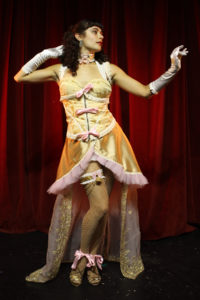 Miranda: I always loved musical theatre, Gilbert and Sullivan, Gene Kelly, Fred Astaire. So, my parents one day said “Hey, Seattle Children’s Theatre has a summer program for kids to do musical theatre do you want to do it?”
Miranda: I always loved musical theatre, Gilbert and Sullivan, Gene Kelly, Fred Astaire. So, my parents one day said “Hey, Seattle Children’s Theatre has a summer program for kids to do musical theatre do you want to do it?”